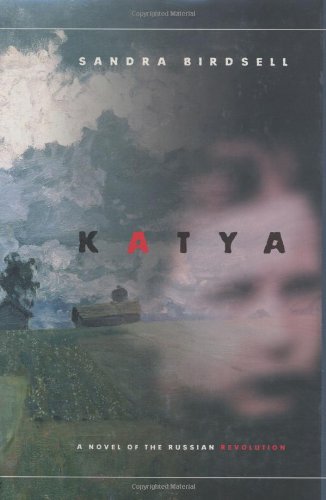Katya: A Novel of the Russian Revolution
In Katya, Birdsell paints a meticulous portrait of a young girl, Katya Vogt, whose character is shaped as much by the wild landscape in which she lives as by the “circumference of her privileged world” as the second-born daughter of the overseer of a Mennonite estate. As she comes of age on the steppes of the Ukraine, the peaceful, pastoral lives of her family and her tightly knit, pacifist community are threatened first by the outbreak of World War I, then by the various fighting factions of the Bolshevik Revolution.
Katya’s beginning chapter is an avalanche of unfamiliar names, which makes the going slow at first. But once all the exposition is out of the way, the story completely absorbs you into Katya’s world. It’s easy to see why Katya, a bestseller in Canada as The Russländer, was a finalist for the Giller Prize, and selected as Book of the Year by the Saskatchewan Book Awards and the City of Regina. Birdsell’s poetic prose and her strong sense of place elevate Katya’s experiences from the story of a closed society to that of a microcosm of the refugee experience.










